The Poetry Journal seeks refreshing, everyday African stories that highlight the ordinary individual experiences, within the numerous (collective identity) African stories.

Defining the African Story
It is hard to deny the existence of a certain value, shaping a stereotype for post-colonial African writings. The more political or ‘socially aware’ it sounds, the more it fits a general perception of what is considered authentic African literature. Subtle or as a staple, real or imagined, this quality is almost always present, lurking around the personality of the African writer, or between the words and pages of their writings. Post-colonial ‘African literature’ has perhaps become a loose synonym for ‘activist or social justice literature’.
Too Much of a Good Thing is a Bad Thing
Examining the familiar political, economic and social issues that have dogged significant parts of the African continent is very important. However, over-emphasizing these is an unproductive two-edged sword that creates ‘The broken African story’. In her 2009 TED talk, Chimamanda Adichie calls it the ‘Danger of a single story’; a defining story you create when you “show a people as one thing, as only one thing, over and over and that is what they become”.
Every Building has (at the Least) Three Sides
The broken African story is the consequence of a cumulative imbalance in portrayal between the sensational, and overprivileged economic and socio-political themes, and the largely-ignored individualising, and ordinary stories (that make Africans not different from the rest of the humans of the world). The broken African story is an incomplete, and misleading story. It makes you observe the windowless side of a building and declare that the whole building has no window.
Wherever There is a Shadow, There is Light
There is an urgent need for a more rounded African narrative that balances the pursuit for political and social change, with a celebration of our social capital and heritage. It should overall tell of the bad, but also of the good and the ordinary. It should capture the tranquil and the chaos, the creepy shadows and the light – as shadows cannot exist without light. The complete African narrative (especially with her poetry) must include and celebrate those pedestrian personal stories that disentangle from the usual ‘collective struggle’ diatribes. As the smallest and most intimate unit of any people is the individual, it must seek to capture the interesting nuances of the experiences of Africans as individuals, first.
Retelling the African Story
The political stories are important in many useful ways, but as they are not the only stories, they should not overwhelm the narrative or define Africa and its people. It is noble to write about the young poor school girls kidnapped by Boko Haram terrorists, but isn’t it more praiseworthy to have recognised and told the everyday stories of their ordinary lives before the unfortunate events?
We need more literature that explores individualising stories of adventure, family and relationships, community, social capital and culture, romance, humour and personal vicissitudes. We need more stories that imaginatively present refreshing perspectives and whimsies from mundane and widely-relatable African experiences. We need more writings that make the words ‘African writer’ become more indicative of his origin, and less definitive of his politics.
The Poetry Journal was founded to seek, tell, and celebrate these beautiful alternative African stories, and their writers.
-Tolu Akinyemi (Poetolu)
Contact us : info@poetryjournal.org








